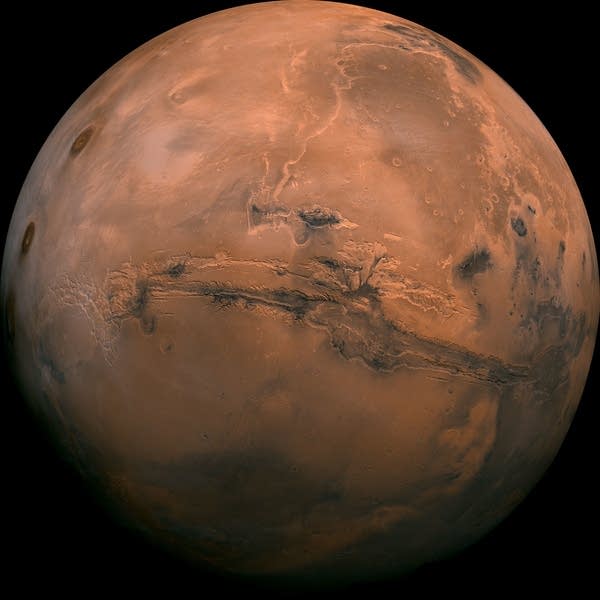The secret to farming on Mars? A bit of alfalfa
How this common cover crop unlocks the possibility of growing food on Martian soil

This image made available by NASA shows the planet Mars. This composite photo was created from over 100 images of Mars taken by Viking orbiters in the 1970s.
NASA via AP
Go Deeper.
Create an account or log in to save stories.
Like this?
Thanks for liking this story! We have added it to a list of your favorite stories.


